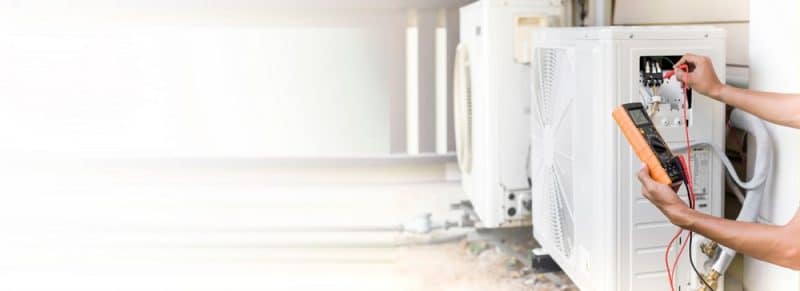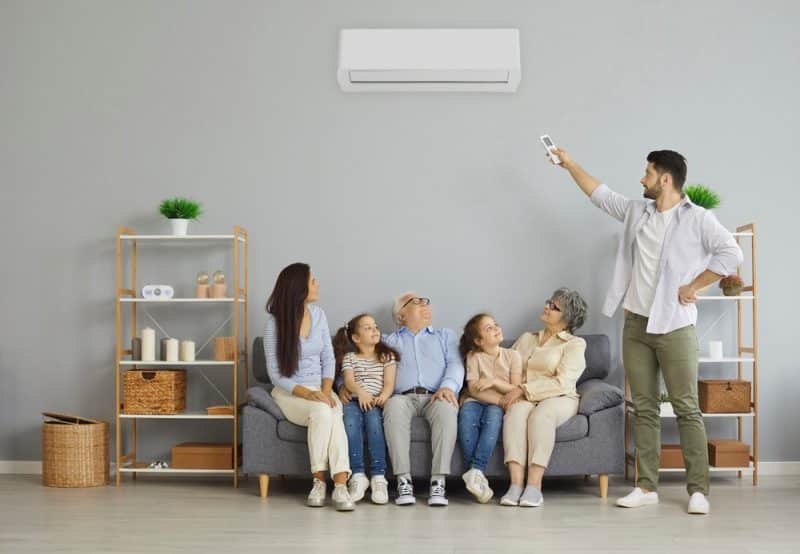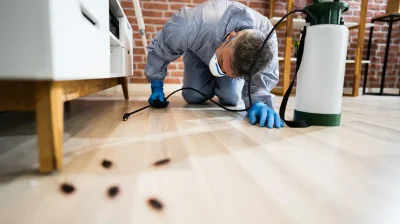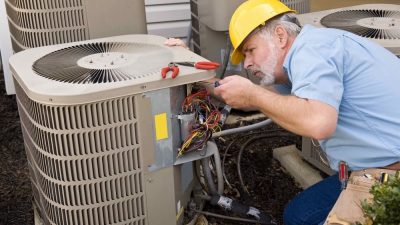
Who doesn’t like the summer season? With summer comes along with the super hot days as well as sky-high humidity levels.
Although the summer season is a lively time of the year, it can be difficult to achieve comfort during the long summer months. Luckily, you can take advantage of the modern-day wonders of your heating, ventilation, and air conditioning (HVAC) system.
Do keep in mind though that you need to prepare your HVAC unit in order for it to be at its most optimum condition and perform up to its maximum capacity to provide a conducive indoor temperature.
Remember: preparing your HVAC for the summer can save you from uncomfortable days and expensive repairs. If you want to learn more about how you can do summer HVAC preparation, keep on reading below.
Dust Off Your HVAC’s Condenser Coils
Condenser coils, located in the outdoor unit, are essential for cooling. They can get dirty and covered with debris, reducing their efficiency. Turn off the power to your unit and gently clean the coils with a garden hose. Be careful not to bend the fins. Clean coils help your system cool more effectively and use less energy.
If you think that working on condenser coils is too complex for you, you can find cooling experts to help you out.
Inspect Your HVAC’s Thermostat
Your thermostat plays a significant role in maintaining a comfortable temperature. Ensure it’s set to cooling mode and test it to make sure it’s working properly. Think of switching to a smart or programmable home thermostat. These devices can help you save energy by adjusting the temperature automatically based on your schedule.
Check Your HVAC’s Filters And Change Them If Needed
Air filters are crucial for the efficient operation of your HVAC system. Over time, they get clogged with dust and debris, reducing airflow and forcing your system to work harder. Check your filters every month and replace them if they’re dirty. Clean filters improve air quality and keep your system running smoothly.
Inspect HVAC Ductworks In Your Home
Leaky ducts can lead to significant energy loss and reduced cooling efficiency. Inspect your ductwork for any visible leaks or damage. Seal any gaps with duct tape or mastic sealant. If you’re unsure or find extensive damage, it’s best to call a professional to inspect and repair your ducts.
Check Your HVAC’s Outdoor Unit And Clear It From Any Debris And The Like
Your outdoor unit needs adequate airflow to function efficiently. Ensure there’s at least two feet of clearance around the unit. Remove any debris, leaves, or plants that might obstruct airflow. This simple step can enhance the performance and longevity of your HVAC system.
Ask For Professional Help From HVAC Companies
While there are many tasks you can handle yourself, some require a professional’s touch. Schedule an annual tune-up with a licensed HVAC technician. They’ll check refrigerant levels, inspect electrical components, and perform other essential maintenance tasks. A professional tune-up ensures your system is in top shape for the summer.
Check If There’s An HVAC Refrigerant Leak Present
Refrigerant is crucial for cooling your home. If your system is low on refrigerant, it can’t cool effectively. Look for different leakage signs like lower cooling, ice building up in your HVAC’s refrigerant line, and so on. If you think that your HVAC has a leak, work with a HVAC professional to address the underlying problem.
Inspect Your HVAC’s Blower Components And Clean Them
The blower is responsible for circulating air throughout your home. Over time, dust and debris can accumulate on the blower blades, reducing efficiency. Turn off the power to your unit and carefully clean the blower components. Ensure the blower wheel is balanced and spins freely. Clean and well-adjusted blower components ensure optimal airflow and cooling performance.
Check And Clean Your HVAC’s Evaporator Coils
The evaporator coil, located inside the indoor unit, absorbs heat from the air. Dust and dirt can build up on the coil, reducing its efficiency. Turn off the power to your unit, open the access panel, and gently clean the coil with a soft brush. Be cautious not to damage the delicate fins. A clean evaporator coil enhances your system’s cooling capabilities.
Secure Seal Your Doors And Windows
Even the best HVAC system can’t keep your home cool if there’s a constant influx of hot air. Inspect your windows and doors for any gaps or leaks. Use weatherstripping or caulk to seal any openings. Properly sealed windows and doors help maintain a consistent indoor temperature and reduce the workload on your HVAC system.
Utilize Ceiling Fans To Work With Your HVAC
Ceiling fans can complement your HVAC system by improving air circulation. Set your fans to rotate counterclockwise in the summer to create a cooling breeze. Using ceiling fans allows you to set your thermostat a few degrees higher without sacrificing comfort. This simple trick can help you save on energy costs.
Take Into Consideration Having At-Home Zoning Systems
Having at-home zoning systems lets you independently control the temperature in different areas of your house. This can be especially useful in larger homes where some rooms are used more frequently than others. Installing a zoning system can improve comfort and reduce energy usage by directing cool air only where it’s needed.
To Conclude
Preparing your HVAC system for summer is essential for staying cool and comfortable during the extremely hot days ahead. By following the abovementioned tips, you’ll ensure that HVAC your system runs efficiently and effectively throughout the hottest months of the year. All the best.









